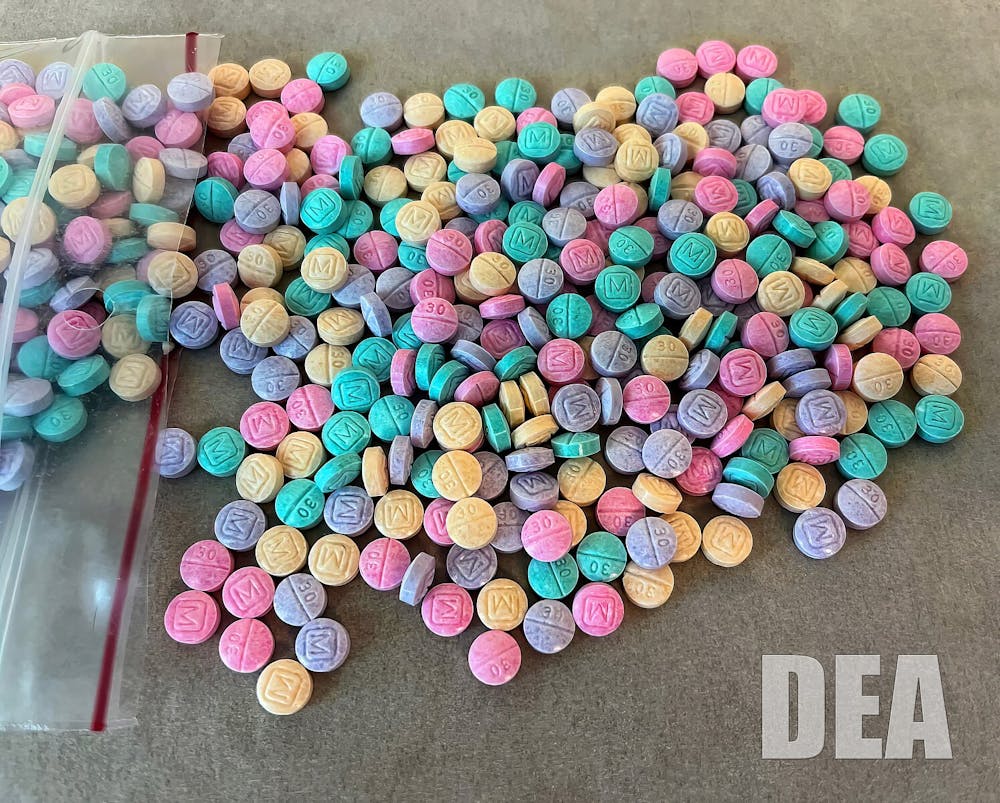By Paige Gould
Staff Writer
After a joint meeting on Jan. 30, President Joe Biden and President Xi Jinping of China reached a common ground on the opioid crisis because the opioid crisis affects both countries.
In the world of opioids, fentanyl, a synthetic opioid, is extremely dangerous, being 50 times more potent than heroin. In the U.S., the CDC states “over 75% of the nearly 107,000 drug overdose deaths in 2021 involved an opioid.”
In October, Washington imposed sanctions and indictments against numerous Chinese entities for allegedly engaging in the illegal fentanyl trade. Beijing denied involvement, asserting its "zero tolerance" drug policies and attributing the addiction crisis to the U.S. China, also accused of providing the chemical canvas for Mexican drug cartels, denied any part in this deadly composition.
The conversation, marked by strained relations over human rights, trade tariffs, COVID-19 and Taiwan, saw a collaboration between these leaders. China's Minister of Public Security Wang Xiaohong hinted at another joint meeting and a shared understanding on the work plan.
Thus, this joint meeting allowed for a stable foundation to address serious concerns relating to the deaths from opioid overdose. According to the CDC, there were over 100,000 lives lost to drug overdoses in 2022, with nearly 83,000 attributed to opioids.
Jen Daskal, deputy assistant to President Biden and deputy homeland security advisor, said after their meeting, “synthetic drugs are killing so many thousands of people.” Daskal also mentioned, “there's a lot that companies can do… to stop selling to customers that are engaged in what is apparently bad behavior and to ensure they are labeling their exports correctly.”
Amidst the intricacies of international relations, a pivotal element gave way to: the accessibility of naloxone, a lifesaving drug by reversing opioid overdose.







